Scottish election 2021: What is in Nicola Sturgeon's in-tray?
- Published
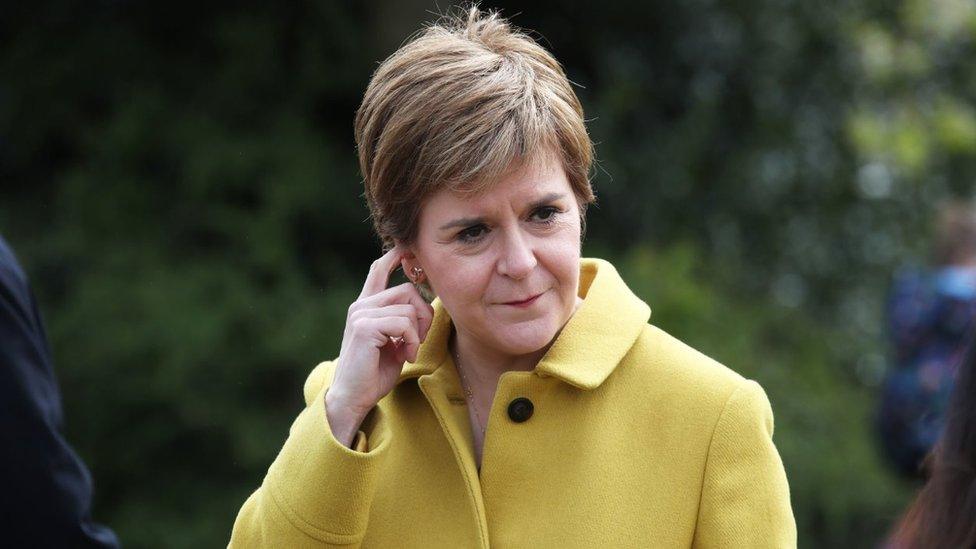
A reshuffle and the Covid crisis, followed by an referendum, are top of the first minister's 'to do' list, but there will also have to be work done on the independence proposition.
There's a daunting list, also, of public service reforms, economic priorities led by shifting energy markets, and the setting up of a national care service.
The first minister's in-tray has to be a robust structure at the best of times. Coming out of an election, with a pandemic and an independence referendum in sight, it is unusually daunting.
So what has Nicola Sturgeon got to do now?
The Covid crisis goes on
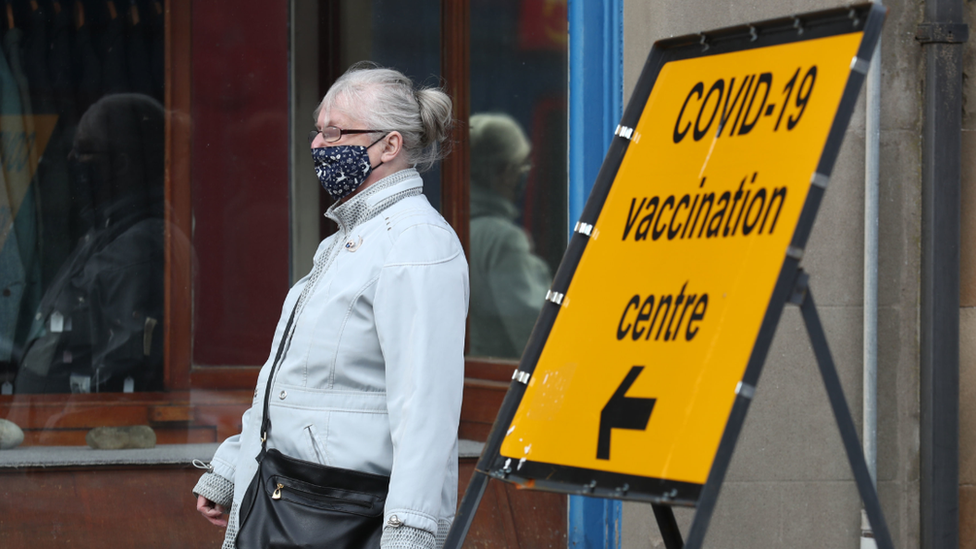
Decisions have to be made about international travel and how much that aligns with the rest of the UK. The aviation sector is particularly vociferous in demanding a flight plan back to normality.
There are big and risky decisions about easing other restrictions further, which have been scheduled for this week, to be implemented next week.
A new health secretary has to be chosen, to replace Jeane Freeman, who stood down at the election. That person will take time to work into the brief, and to get used to Ms Sturgeon's very heavy involvement with it.
The pressure may be easing, but the vigilance and crisis management will continue to demand a lot of the first minister's time.
Reshuffling the pack
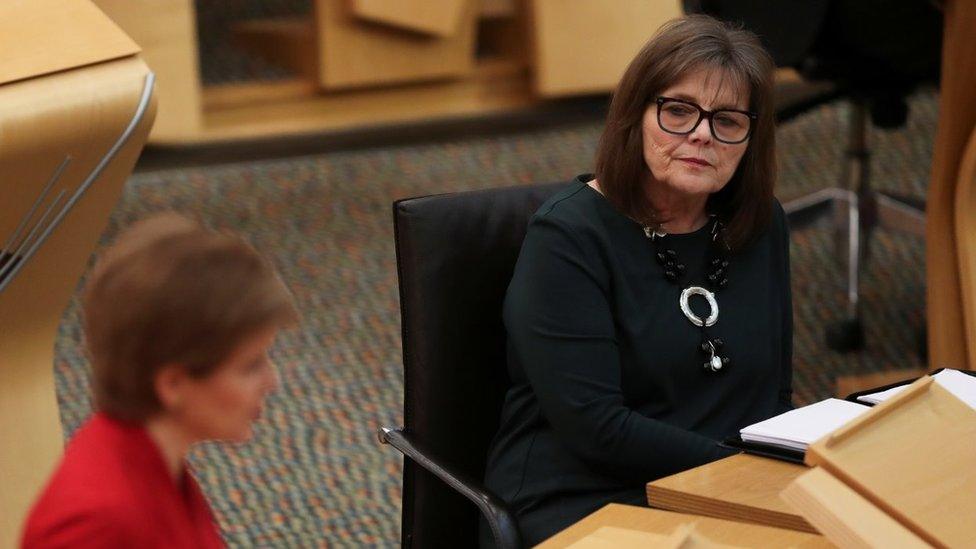
Four senior ministers stood down. In addition to Jeane Freeman, Mike Russell left a vacancy at constitutional and external affairs; Aileen Campbell at communities and local government; and Roseanna Cunningham with environment, climate change and land reform.
One minister lost his seat on Saturday. Paul Wheelhouse, the business and energy minister, fell off the South of Scotland regional list because the SNP was successful in gaining two of its constituencies.
A growth-friendly voice will have to be found, as relations with business is not the SNP's warmest of relationships, and could be further tested in an independence referendum.
A new post has been promised of "Just Transition" minister (including elements of climate change, energy, jobs and communities), and there's a question mark over the role of Lord Advocate, possibly being split.
Former Westminster leader and newly elected Edinburgh MSP Angus Robertson is a likely appointee at a senior level. Beyond him, the first minister will have to juggle talent, ambition, gender balance and loyalty to old chums.
Making the case

There's plenty being said and written elsewhere about the conflicting interpretations of what constitutes a mandate for or against an independence referendum. More can be expected for many months to come.
But from Nicola Sturgeon, her ministerial team and her party have a lot of work to do on preparing the case, while managing high expectations in the independence movement.
Questions asked in the campaign showed where there are some of the weaker spots on the economy: what currency Scotland would use? Its fiscal position without the block grant from Westminster? The effect of uncertainty on business investment?
And if inside the European Union once more, won't the border with England be a frontier for the EU's customs union?
Since January, we've learned from Ireland and Channel ports, that would require checks, paperwork and some tariffs for goods. We have yet to see how trade in services across that frontier would affect the 80%-plus of the market for Scottish financial services that lies south of the Tweed.
One of the issues to be managed politically is in staffing Holyrood's committees. There is pressure to split finance from the constitution, which were combined in the last parliamentary term. They are both going to bring heavy duty workloads. But the SNP will want to hold on to the convenership of both, and will not want to see them split.
Serving the public
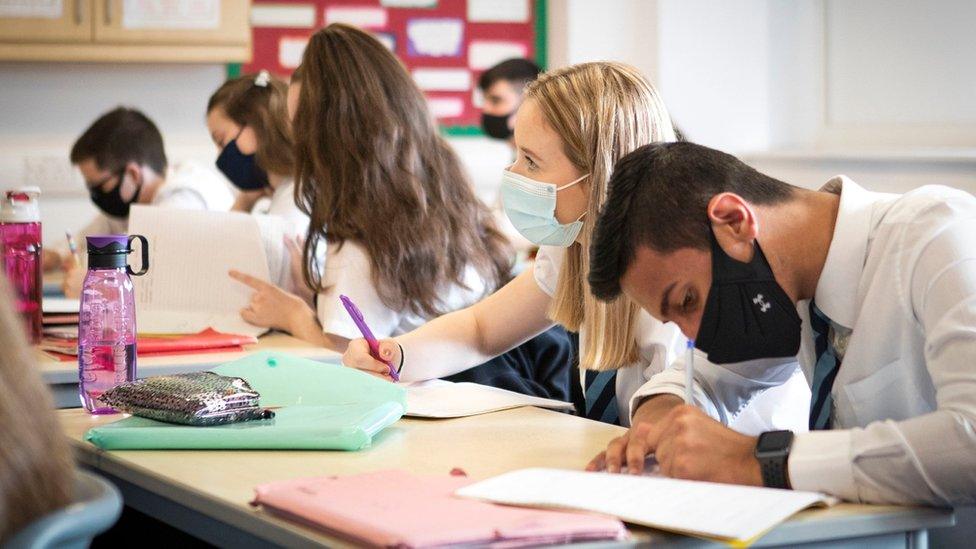
Public services need attention, particularly in the wake of the Covid crisis. There is a formidable backlog of work in the NHS, and the SNP manifesto promised to tackle that.
It will require a lot of money, but also management and reform. One small paragraph in the manifesto indicated that health boards, as they stand, are in the crosshairs of ministers. Expect resistance inside the machine, and outside.
The campaign also made much of promises to help schools and their pupils make up lost ground from time outside the classroom.
Education has not always been a comfortable fit for John Swinney as its cabinet secretary, and there is a growing prospect of last year's exams fiasco being followed by a new variant this summer.
Before then, a thorough study of the curriculum by the OECD, which saw its publication postponed from before the election, will have to be made public.
Transition to renewables
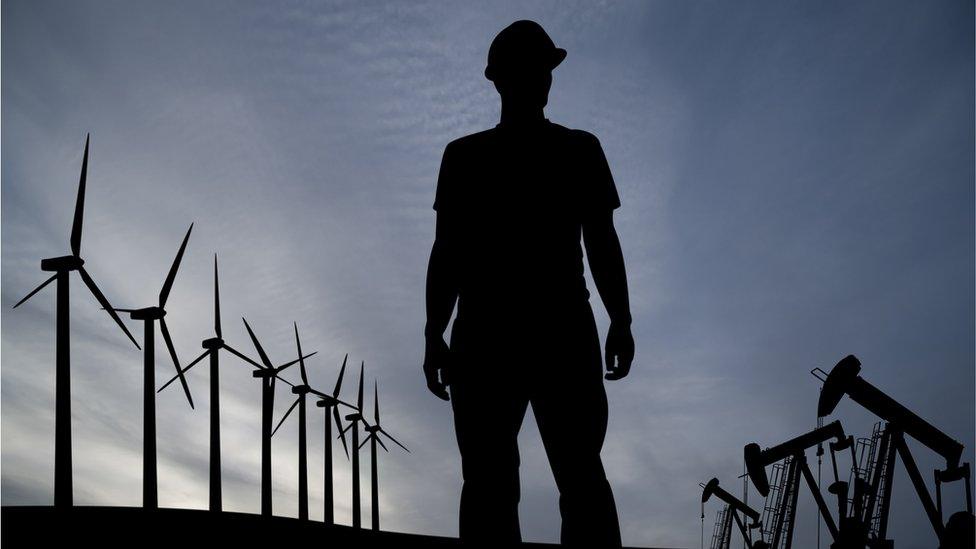
The economy will continue to need a lot of help out of lockdown, though the fear of sky-high unemployment has waned.
From there, a narrative is required for the economy that explains how independence gets it onto a higher growth path.
The other key economic challenge will be in the transition from oil and gas to renewable energy, securing jobs along the way.
That has become more complex where Greens have leverage to push the minority SNP administration into accelerating the wind-down of oil and gas. Most of that is currently decided at Westminster, via the regulator in Aberdeen.
But the SNP will not want to leave itself exposed to criticism from Conservatives, in the contested heartland of north-east Scotland, that it is not giving sufficient support to the oil industry.
Taking care

The manifesto was not short of policy ambitions elsewhere. But it's a useful guide to priorities to note the brief 'to do' list in Nicola Sturgeon's victory speech on Saturday;
Remobilisation of the NHS, with investment to secure it for the figure: to support green jobs and reskill people, a work or study guarantee to young people, action on the climate emergency, more homes, better schools and "an unwavering commitment to lifting children out of poverty".
The other item on that list was the creation of a National Care Service. With the Covid crisis and a referendum as the most demanding prospects for the next five years, creating a care service that provides for people at the point of need is probably the next most daunting.
It will require a shift from councils procuring care packages at home or in residential homes, and the blueprint drawn up by former civil servant Derek Feeley over last winter suggests it will be centralised.
A significant rise in pay for care workers, driving better quality into the system, meeting high expectations of what it can achieve, and working with private sector operators to do so: in itself, that's a big ask for the new term.

